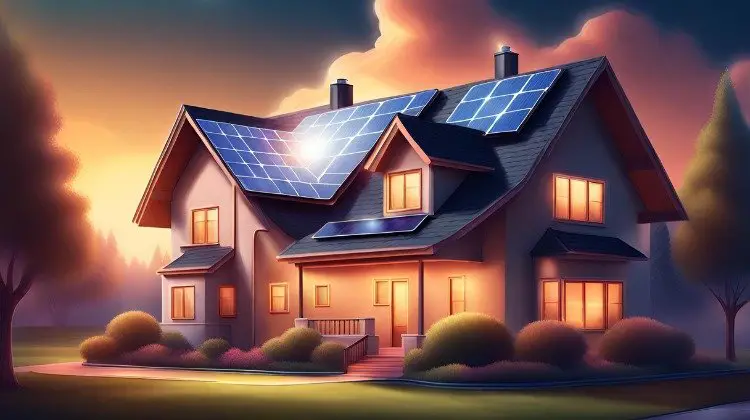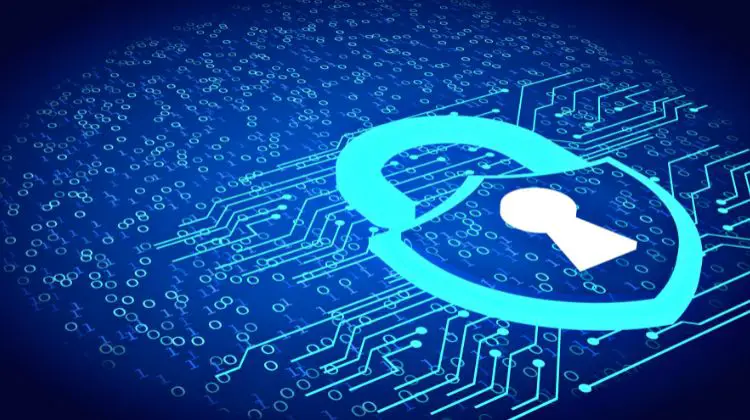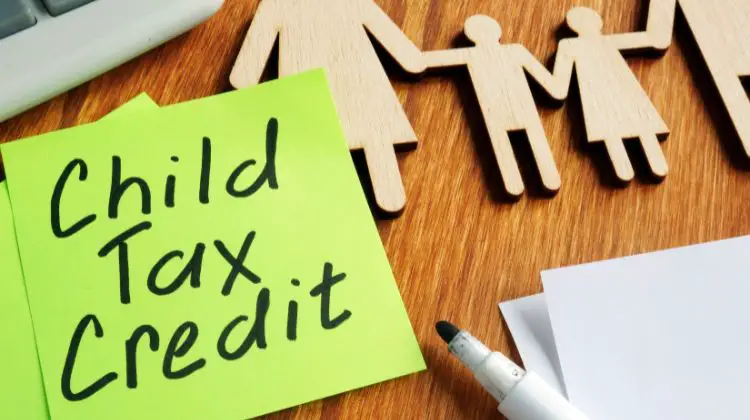Owning a home is a journey, one filled with the joy of making it uniquely yours and the responsibility of maintaining it. If you’ve ever thought of upgrading or remodeling your home, especially with a green focus in mind, there’s exciting news! The Inflation Reduction Act, signed into law recently, presents multiple opportunities for homeowners like you.
Why the Act Matters to You
This Act primarily aims to combat climate change by promoting energy efficiency and eco-friendly measures. While much of the Act focuses on businesses, there’s plenty in it for homeowners. Essentially, it’s about going green while saving some green!
Upgrading with Energy Efficiency in Mind
Let’s dive into the specifics. The Act has reintroduced and enhanced tax breaks for homeowners who make certain energy-efficient home improvements. Think of installing energy-efficient windows, doors, furnaces, air conditioners, and more. Doing these not only reduces your carbon footprint but also lands you tax breaks. Win-win, right?
Rebirth of the Energy Efficient Home Improvement Credit
A previously expired tax credit, known as the Nonbusiness Energy Property Credit, has been revived. Now, it’s called the Energy Efficient Home Improvement Credit. This credit was initially for homeowners who made certain energy-saving improvements to their homes.
In the past, the credit was limited to 10% of the costs for specific installations and had a lifetime limit of $500. However, things have changed for the better. From 2023, the credit is boosted to 30% of the costs for all eligible improvements made within the year. Furthermore, the lifetime limit has increased to a $1,200 annual limit. This means that by spacing out your home projects, you can maximize this credit yearly.
Introducing the Residential Clean Energy Credit
Another existing credit, the Residential Energy Efficient Property Credit, has been renamed to the Residential Clean Energy Credit. Previously set to expire in 2024, its validity has been extended to 2034. More than just a name change, its value has been amplified too. From 2022 to 2032, the credit stands at 30% of the cost for installations of qualifying systems that utilize renewable energy sources. After 2034, this credit will be phased out.
Harnessing the Sun: Solar Benefits in the Inflation Reduction Act
Solar energy has long been recognized as one of the most sustainable and eco-friendly energy sources available. The Inflation Reduction Act further incentivizes homeowners to tap into this renewable source.
Boosts to the Residential Clean Energy Credit
As mentioned, the Residential Clean Energy Credit has seen several beneficial changes, and this includes solar installations. For homeowners looking to install solar panels or solar-based water heaters, this credit is incredibly valuable.
From 2022 to 2032, homeowners can avail a tax credit amounting to 30% of the installation cost. This significant reduction makes solar installations much more affordable. Moreover, the return on investment, both in terms of reduced electricity bills and increased home value, becomes more rapid.
However, there are changes post-2032. The credit drops to 26% in 2033 and then to 22% in 2034. After 2034, the credit is set to expire. So, for homeowners considering solar, the next decade presents the most substantial savings opportunity.
Remember, the credit doesn’t just cover solar panels. It includes other systems that utilize solar energy to heat water or regulate temperature in homes. By leveraging these benefits, homeowners can make substantial strides in reducing their carbon footprint.
Charging Ahead with the Alternative Fuel Refueling Property Credit
For those who’ve embraced the electric vehicle (EV) revolution or are considering it, there’s good news. The Inflation Reduction Act revitalizes the Alternative Fuel Refueling Property Credit, allowing homeowners to claim up to 30% of the costs (capped at $1,000) for setting up EV charging stations at home. Plus, from 2023 onwards, it’s clarified to include “bidirectional” charging equipment.
Bonus: High-Efficiency Electric Home Rebates
On top of these tax credits, the Act introduces the High-Efficiency Electric Home Rebate Program. Aimed at assisting low- to middle-income families in purchasing energy-efficient electric appliances, these rebates can be significant. Some eligible homeowners can get rebates of up to:
- $840 for specific kitchen appliances and dryers
- $1,750 for water heaters
- $8,000 for space heating or cooling devices
The program also offers rebates for non-appliance upgrades, with amounts varying based on the type of upgrade. However, there are limits to keep in mind, based on a family’s income level and the total rebates they can claim.
To navigate this sea of opportunities and to understand how much you can save, several online resources, including an interactive page on the White House website, provide examples and breakdowns.
In Conclusion
The Inflation Reduction Act isn’t just a win for the planet; it’s a win for homeowners too. By taking advantage of these incentives, you can make your home more energy-efficient, reduce your carbon footprint, and save money all at once. So, as you plan your next home improvement project, remember to factor in these benefits. After all, it’s about making wise money moves.








Reader Interactions